You are here
» RESEARCH + DEVELOPMENTRESEARCH + DEVELOPMENT

Foresa relies on a Research and Development department at its central facilities in Caldas de Reis (Spain), comprising a team of professionals with vast expertise in the chemical sector.
These facilities include two resin synthesis laboratories, a pilot manufacturing plant for grading new formulations and for characterising the production scale of particle board, as well as an instrumentation laboratory mainly dedicated to chromatography, spectroscopy and thermal analysis.
Our R & D team is mainly focused on the following fields of work:
- Development of new solutions and continuous optimisation of those already established in the market.
- Development and innovation in both our own and our customers' manufacturing processes.
We participate in national and international forums related to the chemical industry, which follow up on and promote progress in issues like the Reach regulation, CLP regulations or exposure scenarios, among others, as, within our organization, this area is a source of information and training for both our different departments and our customers and employees.
Foresa is actively participating in several research projects developed at the European level.
| SUSPOL |
|---|
| Programme: HORIZON 2020 - EJD |
| Period: 2015-2019 |
| SUSPOL-EJD is an European Joint Doctorate in "Organocatalysis and Sustainable Polymers". It is set up by a consortium formed by four Academic beneficiaries - the University of Bordeaux (France), the University of the Basque Country (Spain), the University of Mons (Belgium) and the University of Warwick (United Kingdom) - and six industrial organizations - BASF (Germany), Purac Corbion (The Netherlands), Synthomer (United Kingdom), IBM (Switzerland and U.S.A.) and FORESA (Spain) - that will act as partners collaborating in the research and training activities. SUSPOL-EJD will offer to 10 early stage researchers the possibility of being awarded double doctoral degrees in two different countries. SUSPOL-EJD will aim at excellence in developing high-quality training opportunities for early stage researchers in the area of Sustainable Organocatalysis and Polymers. The final objective is to create scientists who will be the future leaders to make the transition of organocatalysis between the lab and sustainable industrial processes and products. Research and training areas include organic chemistry, catalysis, modelling, polymer engineering, green chemistry, sustainable processes, renewable products, polymer latexes, coatings, biomaterials, pharmaceutical products and adhesives. The presence of a high number of industrial partners makes the project highly intersectoral. The research and training programme is highly innovative combining frontier research projects and industrial developments. |
| PALM2WAX |
|---|
| Programme: EUREKA |
| Period: 2015-2017 |
|
The general objective of the PALM2WAX Project is to design, develop and validate competitive alternatives to oil-derived paraffin wax emulsions. Technical objective: To design and manufacture an emulsion based on vegetable waxes that provides the same hydrophobic properties to wood-derived boards (wood composites) as oil-based paraffins. Commercial objective: To provide the market with a family of emulsions alternative to the existing one to launch a new bio-alternative in the market, which does not exist at the time of writing this report. At the same time, this new emulsion should have a cost that allows it to compete with the current options, as we are seeking to obtain a Premium product, as well as to use raw materials that do not depend on "feed stocks." Environmental objective: To generate a "green" product based on sustainable, environmentally-friendly raw materials while reducing the carbon footprint of the end product. Collaborators: Croda |
| SMARTLI |
|---|
| Programme: H2020-BBI-PPP-2014-1 BBI.VC2.R4 |
| Period: 2016-2019 |
|
Objective: SmartLi aims at developing technologies for the industrial manufacture of biomaterials using technical lignins as raw material. The technical lignins included in the study are kraft lignin, lignosulfonates and bleaching effluents, all from abundant lignin sources. The technical lignins are not directly applicable in the production of biomaterials. Therefore, we will develop preliminary treatments to reduce their sulphur content and ensure constant quality. Thermal pretreatments are also expected to improve the properties of lignin to be used as reinforcement in composite materials, while fractionation and catalytic degradation pretreatments will produce lignin fractions (reactive oligomers) to be tested in resins for different applications: phenolic resins for the manufacture of MDF, plywood and impregnation, polyurethanes and epoxy. Furthermore, the study will be supported by a complete LCA, including a dynamic process. Collaborators: FIBIC / Tecnaro Gmbh / AEP Polymers / Fraunhofer / VITO / Metsä Fibre / VTT / SAPPI NETHERLANDS / FORESA / Wood K plus / Prefere Resins Finland Oy / Kotkamills Oy / Andritz Oy |
| REHAP |
|---|
| Programme: H2020-SPIRE-2015 |
| Period: 2016 - 2020 |
|
Project: Rehap - Reduction of Greenhouse Gas Emissions Transforming Harvesting Waste into High Value Added. Europe's position in the production of biochemicals from biomass and by-products is limited to a few compounds, while its demand is one of the largest in the world. However, Europe has many world-leading chemical companies. On the other hand, lignocellulosic residues are one of the most abundant resources that do not compete with the food chain. The 16 REHAP partners aim at revaluating agricultural waste (wheat straw) and forest waste (bark) via their recovery, both from primary processes (sugars, lignin, tannins) and from secondary processes (sugary acids, carboxylic acids, aromatics and resins), while taking into account ecological buildings as business lines. The project will allow reductions in the use of fossil resources of 80-100%, and reductions in the use of energy and CO2 emissions of over 30%. Specifically, it will be possible to obtain construction blocks (1,4 and 2,3-butanediol, polyol esters), materials (PUs, phenolic resins, modified hydrolysis lignin) and products (wood boards, insulating foams, cement, adhesive):
The developed processing technologies (chemo / thermo / enzymatic and fermentation) will be optimized on a pilot scale (TRL6-7) for further operation and replication of the results. All the products will be integrated into a prototype to demonstrate their industrial applicability in the Ecological Construction sector. Throughout the project, there will be a life cycle assessment and cost analysis, a market analysis, as well as the development of a business plan, a waste management strategy and measures for future standardization, using a systemic perspective approach. Collaborators: Tecnalia / VTT / Unia / Rina Consulting / Collanti Concorde / Rampf / Insight Publishers LTD / Lafarge / BBEPP / Novamont / CUSA / CTXI / Biosyncaucho / Cartif WEBSITE: www.rehap.eu |

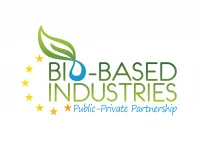

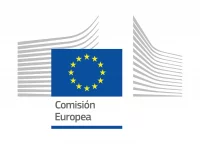

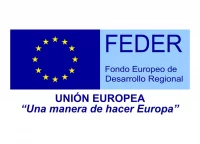
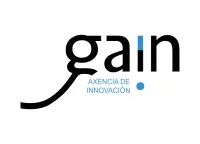

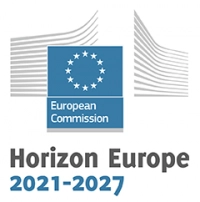
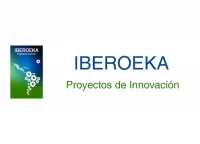
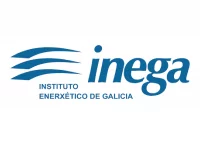
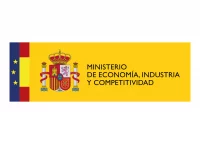
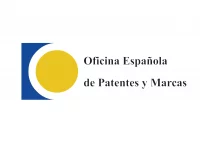





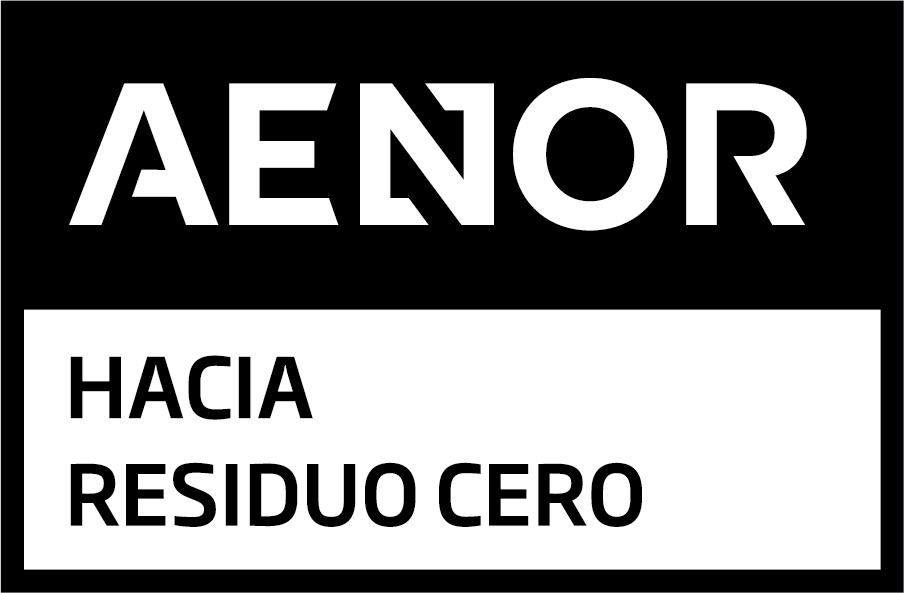
 Instituto Enerxético de Galicia Año 2024
Instituto Enerxético de Galicia Año 2024